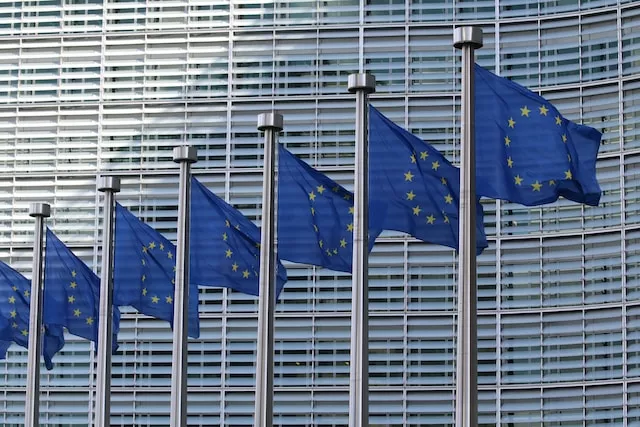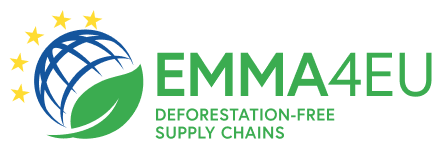The European Deforestation-free products Regulation (EUDR) has the potential to significantly impact the promotion of deforestation-free products in the European market. Why is it considered a fundamental milestone?
Deforestation, particularly in tropical countries, is one of the most significant drivers of climate change and biodiversity loss. Its primary cause is the expansion of agricultural land for producing specific commodities – the so-called “forest-risk commodities” (FRCs). The European Union is the second-largest importer of FRCs, responsible for 16% of the global embedded deforestation.
On December 6th, 2022, the EU reached a pivotal agreement on the EUDR, a law designed to prevent companies from introducing, exporting and trading commodities associated with deforestation and forest degradation into or out of the EU market.
The Regulation aims to reduce the European Union’s contribution to
- Deforestation and forest degradation worldwide
- Greenhouse gas emissions and global biodiversity loss

Are you a professional or student interested in implementing the EUDR?
EMMA4EU has developed the “Roadmap to Commitment,” a step-by-step framework for creating deforestation-free supply chains. This tool includes key actions, guiding questions, and examples of innovations specifically designed for businesses, public authorities, civil society groups, service providers, and financial institutions.
EUDR Key Information
- The law became effective on June 29th 2023
- Rules begin to apply for medium & large operators and traders from 31 December 2025
- Rules begin to apply for micro and small enterprises (not SME, as this involves also medium enterprises) from 30 June 2026
- For timber products produced before the entry into force of the EUDR on 29 June 2023 and placed on the market from 30 December 2025, the EUTR will continue applying until 31 December 2028.
Scope and Key Requirements
To be sold or exported from the EU market, commodities must be deforestation-free, comply with the producing country’s legislation, and have a due diligence statement. The Regulation covers soy, cattle, palm oil, wood, cocoa, coffee, rubber, and specific products within these categories.
Deforestation-free commodities
The Regulation establishes that commodities shall not have been produced on land subject to deforestation (or forest degradation, in the case of wood) after December 31, 2020.
Due Diligence
The EUDR sets mandatory due diligence requirements for operators and large traders of the covered commodities and products. Before importing, trading or exporting a relevant item from the EU market, a due diligence statement must be submitted to the central Information System.
Traceability
Operators (and traders who are not SMEs) must collect and submit the geolocation of all plots of land where the commodities were produced as part of their due diligence statement, along with detailed information about suppliers and recipients.
Enforcement & Monitoring
National authorities will enforce the Regulation, checking operators and traders based on the risk levels of production countries of the commodities.
Benchmarking system and support
The European Commission will establish a system to assess countries or regions based on their risk of non-compliance with the Regulation. Additionally, it will develop instruments to assist businesses, public entities, and consumers in accessing information, such as the EU Observatory on Deforestation and forest degradation.
In December 2024, the European Parliament and the Council of Europe approved a one-year postponement of the EUDR regulation, which was proposed by the European Commission in September 2024. This extension aims to give companies in Europe more time to prepare for implementation. The EUDR will now take effect on December 31, 2025.
The EU is committed to working with partner countries and companies for a successful transition to deforestation-free supply chains.

EMMA4EU aims to drive sustainable growth by fostering EUDR implementation, creating quality jobs, and promoting social cohesion focusing on knowledge exchange, compliance, technology, and Corporate Social Responsibility.
